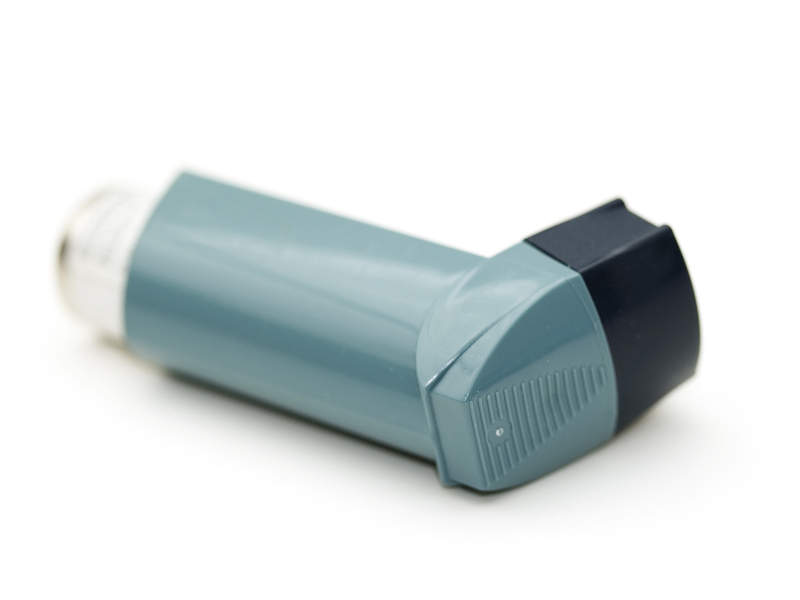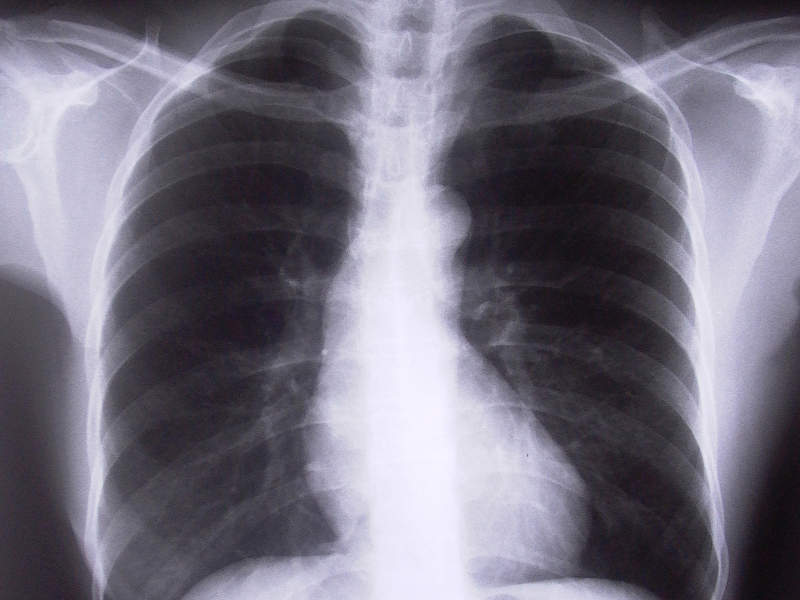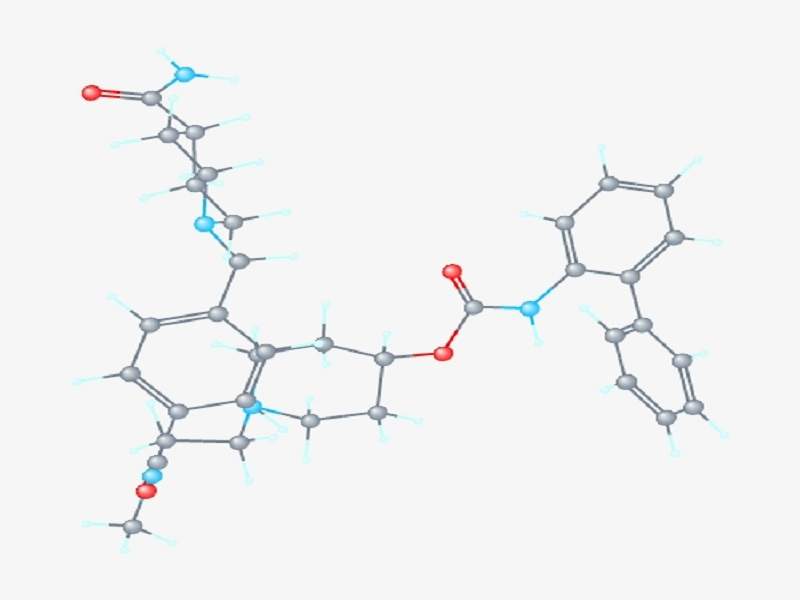Yupelri™ (revefenacin) is a long-acting muscarinic antagonist (LAMA) indicated as a maintenance treatment for chronic obtrusive pulmonary disease (COPD) in adult patients.
Jointly developed by Theravance Biopharma and Mylan, it is one of the first once-daily, nebulised bronchodilators to be approved by the US Food and Drug Administration (FDA).
The companies submitted the new drug application (NDA) for revefenacin to the FDA in November 2017, which was accepted for review in January 2018. It was approved for the treatment of COPD in adult patients in November 2018.
COPD causes and symptoms
COPD is a chronic inflammatory lung condition that obstructs airflow in the lungs, causes breathing difficulties. It is a progressive life-threatening disease characterised by continuous reduction of airflow.
The condition is the third leading cause of death in the US, affecting approximately 16 million people in the country. COPD is commonly of two types, chronic bronchitis and emphysema.
Tobacco smoking, air pollution and exposure to second hand smoke, fumes and chemicals in workplaces are the primary causes of the disease. Genetic factors also play a role.
The most common symptoms of the disease are coughing with mucus, shortness of breath, chest tightness and wheezing.
Yupelri’s mechanism of action
Revefenacin is an anticholinergic and demonstrates similar affinity to various subtypes of muscarinic receptors (M1 to M5). It inhibits the M3 receptor present around the airways in the lungs and shows pharmacological effects, causing bronchodilation.
Yupelri™ is available as a sterile, clear, colourless, aqueous solution of revefenacin. It is an oral inhalation solution available in a unit-dose low-density polyethylene vial for nebulisation by standard jet nebuliser connected to an air compressor, equipped with a mouthpiece. Each vial contains 175mcg/3ml solution.
Clinical trials on Yupelri
The clinical trials for evaluating the safety and efficacy of Yupelri™ was performed in 2,285 COPD patients in two replicate 12-week efficacy studies and one 52-week long-term open-label active control clinical trial. The 12-week efficacy studies enrolled 1,229 patients, while the 52-week safety study enrolled 1,055 patients.
Out of 1,229 patients enrolled for the two 12-week placebo-controlled trials, 395 patients received once-daily 175 micrograms (mcg) of revefenacin. The doses were administered through PARI LC® Sprint Reusable Nebuliser, which is a standard jet nebuliser. The mean nebulisation time of the drug was eight minutes. The primary endpoint of the studies was a change from baseline in trough (predose) forced expiratory volume in one second (FEV1) at day 85.
The patients receiving revefenacin demonstrated noteworthy improvement in lung function compared with those on placebo. After 12 weeks, statistically significant improvements were found in trough FEV1 and in overall treatment effect on trough FEV1.
The most common adverse events noticed in patients during the trials were coughing, nasopharyngitis, upper respiratory tract infection, headache and back pain.
Out of the 1,055 patients enrolled in the 52-week study, 335 patients received 175mcg of Yupelri™ once daily and 356 patients received tiotropium 18mcg once daily.
The adverse events in the 52-week long-term safety study were almost similar to those observed in the 12-week studies.





